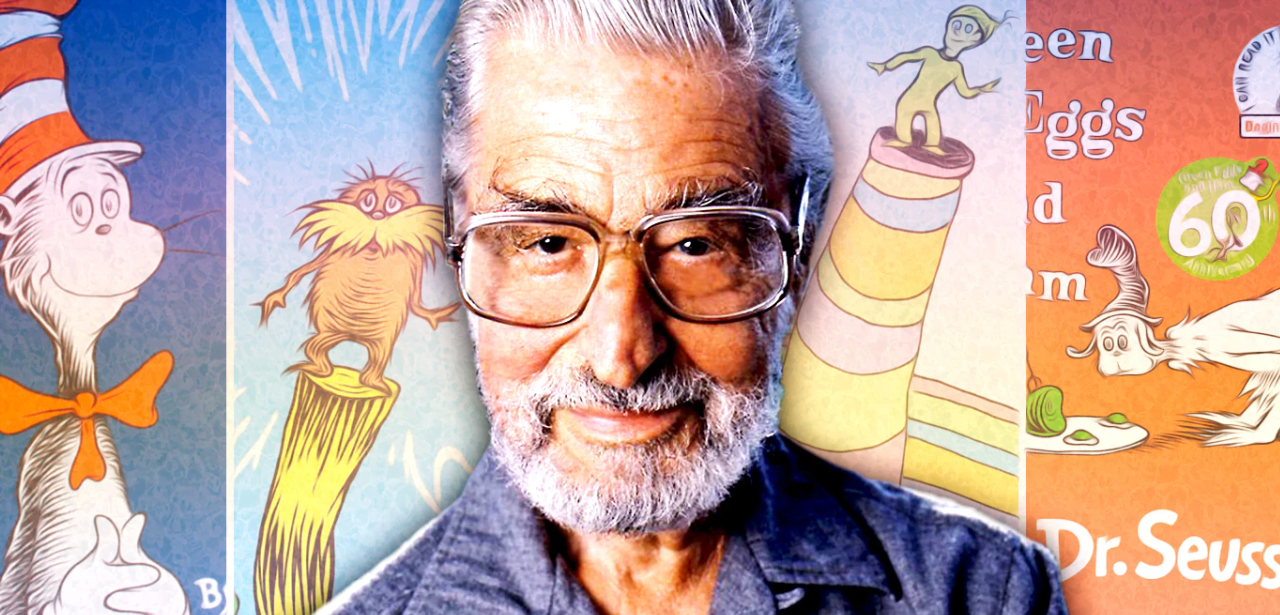Dr. Seuss Ethnicity, whose real name was Theodor Geisel, was born on March 2nd, 1904 in Springfield, Massachusetts. He was the son of German immigrants and grew up in a predominantly German-American community. His ethnicity played a significant role in his upbringing and influenced his life’s work, particularly in the creation of his famous children’s books.
Geisel was a proud American and celebrated his German heritage, but he also faced prejudice and discrimination as a German-American during World War I and World War II. Despite the challenges, he continued to embrace his ethnicity and incorporate German elements into his work. For example, some of his illustrations and characters have a distinct Germanic look, and he used German words and phrases in his books.
One of the most notable examples of Geisel’s German heritage in his work is the character of the Grinch, from the famous Christmas story, “How the Grinch Stole Christmas.” The Grinch is depicted with a noticeable Germanic appearance, with a long nose, wild hair, and a gruff demeanor. Some scholars have even interpreted the Grinch as a representation of the negative stereotypes and prejudices that German-Americans faced during World War I and World War II.
Read More About : Was the Cat in the Hat Black .
Geisel’s experiences as a German-American also influenced his political views and activism. He was an opponent of fascism and racism and used his platform as a children’s book author to promote messages of tolerance and diversity. For example, his book “Horton Hears a Who!” is often seen as a allegory for the dangers of ignoring minority voices and the importance of treating everyone with respect and dignity.
In addition to his German heritage, Geisel’s ethnicity was also shaped by his childhood experiences in Springfield, Massachusetts. Growing up in a predominantly German-American community, he was exposed to a rich cultural tradition, including music, literature, and storytelling. These early experiences with German culture likely influenced his later work as a writer and illustrator, particularly his imaginative and whimsical storytelling style.
Throughout his life, Geisel remained proud of his German heritage and continued to celebrate and embrace his ethnicity. This can be seen in the way he infused his work with German elements, such as the use of German words and phrases, and in the way he used his platform to promote messages of tolerance and diversity.
In conclusion, Dr. Seuss’s ethnicity played a significant role in his upbringing, his life’s work, and his political activism. His German heritage, combined with his experiences growing up in a predominantly German-American community, shaped his views and influenced the way he approached his work as a children’s book author. Despite facing prejudice and discrimination, he remained proud of his ethnicity and used his platform to promote messages of tolerance and diversity. Dr. Seuss’s legacy continues to inspire and entertain children and adults alike, and his unique cultural heritage remains an integral part of his enduring legacy.








Dr. Seuss is a beloved children’s author who has left an indelible mark on generations of readers. This article highlights six lesser-known facts about his ethnicity and background. From his mixed German and American heritage to his early career as a political cartoonist, Dr. Seuss’s life was both complex and fascinating. For fans of his timeless stories, this article provides a valuable insight into the life of one of the most iconic authors of the 20th century.